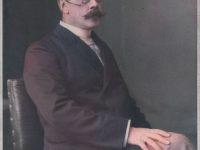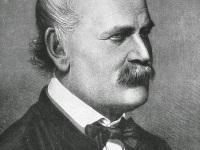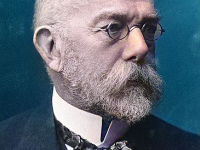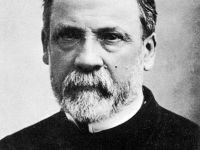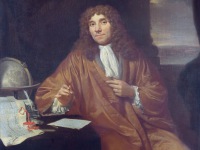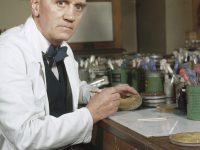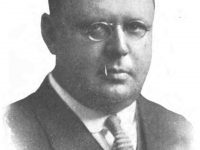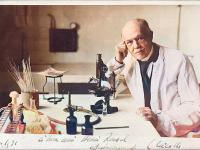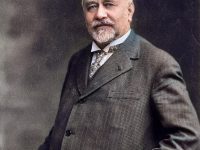Hans Christian Gram and the Gram Stain
On September 13, 1853, Danish bacteriologist Hans Christian Gram was born. Gram is best known for his development of the Gram stain, which differentiates bacteria by the chemical and physical properties of their cell walls by detecting peptidoglycan, which is present in a thick layer in gram-positive bacteria. Hans Christian Gram – Youth and Education Hans Christian Gram was the son of Frederik Terkel Julius Gram, a professor of jurisprudence, and Louise Christiane Roulund. In 1871,…
Read more

